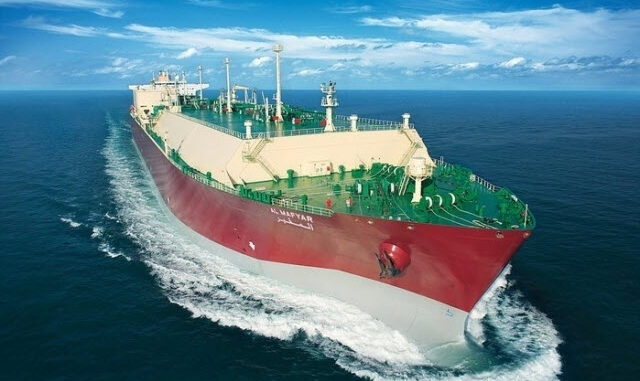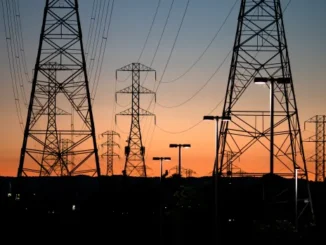
It seems the number of online customers is on the rise, therefore shipping is proving to be a growing concern for retailers. According to data from shipping service provider Clarksons, Korea was the top recipient of global ship orders. Average shipping orders from Korean businesses amounted to 35.6 percent of all shipments worldwide.
Korea JoongAng Daily posted today:
By country, China remained first, having raised orders worth 10.6 million CGT for 389 ships. Korea came second with 10.5 million CGT, or 260 ships, a sevenfold increase from the same period last year.
Japan ranked third with 1.82 million CGT, or 68 ships.
China and Korea also placed first and second for first half ship orders in 2020. This year, Korea managed to narrow the gap compared to 2020, when China secured ship orders worth 3.5 CGT to Korea’s 1.2 CGT.
Korea did well in the competition for liquefied natural gas (LNG) carriers and oil carriers. It won 72 percent of bids placed for LNG carriers and 82 percent of oil carrier bids during this year’s first half. Among large-sized LNG carriers that measure more than 140,000 square meters, Korea won all 16 bids.
In June, Korea landed the largest amount of orders: 1.82 CGT, or 40 vessels, accounting for 44 percent of all orders placed that month. China followed second with 1.57 million CGT for 63 ships, while Japan took 30,000 CGT for 14 ships.
WHAT DOES THIS MEAN TO OIL AND GAS?
Well, glad you asked. The transition to “Greener Energy” as I like to call the movement cannot happen without oil and natural gas. Countries need the lowest price per kWh to provide constant and reliable energy to their citizens. The technology is not ready at this time to support a “Greener Energy” movement.
Look at California and Texas this year. We are now seeing the highest prices in kWh to the consumers in the United States in California. Their lack of planning for the grid capable of supporting the various renewable power sources at a consistent supply. The consumers get stuck with the bill for the choices from the political appointees.
One of our King Operating research team members has called the “Balanced Diet of Power” what is needed to solve this problem. The definition of the “Balanced Diet of Power” is to supply the lowest kWh to the consumers with the least amount of impact on the environment. That opens the discussion for all forms of power including nuclear, oil, gas, and renewables.
The world needs more energy and the “Greener” we go, the more oil and gas we need. Our research team is working on some studies and our preliminary numbers are showing we are using more fossil fuels on the road to renewable nirvana.
Now is a great time to be in the Oil & Gas market for investors and oil companies that can operate the right assets at the right price.
We would like to hear from you about your thoughts on the current market. Please reach out to me at the King Operating offices for a discussion on market information and what our research team sees on the investment horizon.
Jay R. Young, CEO, King Operating




